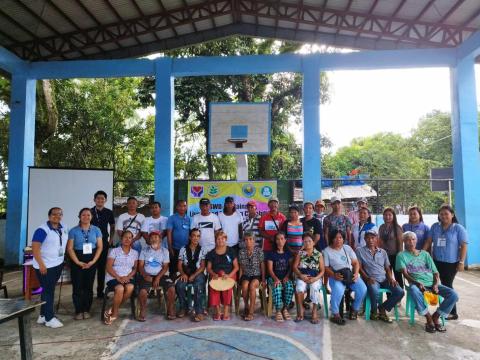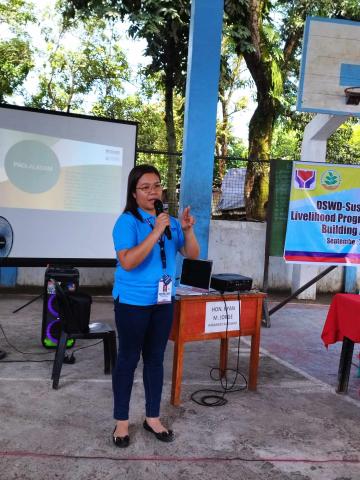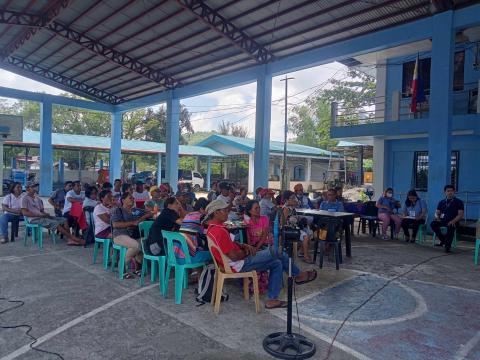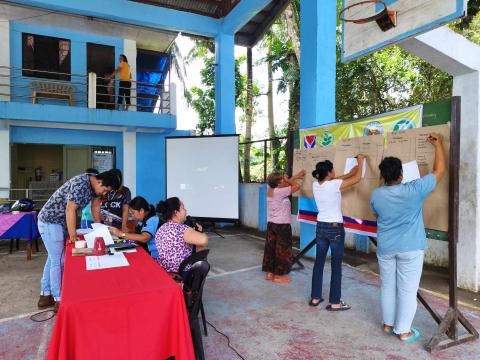
Enhancing the capabilities of farmers is paramount for the success of any sustainable agricultural development initiative. Agriculture holds significant economic importance in many developing nations, such as the Philippines, making it imperative to empower farmers through comprehensive capacity-building programs.
In pursuit of this objective, the National Irrigation Administration (NIA) has joined forces with the Sustainable Livelihood Program (SLP) under the Department of Social Welfare and Development (DSWD). Together, they aim to equip farmers with the essential tools, skills, and knowledge needed to enhance productivity, profitability, and overall livelihood sustainability. The NIA is entrusted with the task of developing and managing irrigation systems, understands the pivotal role of irrigation in elevating agricultural output. Simultaneously, the DSWD-SLP is committed to assist vulnerable households and communities through sustainable livelihood projects, with a focus on skills training, capital support, and employment facilitation. Recognizing the synergies in their goals, NIA and DSWD-SLP have harnessed their expertise to craft a comprehensive capacity-building program tailored to farmers' needs.



On September 7-8, 2023, Antique Irrigation Management Office in collaboration with DSWD-SLP conducted an orientation for 30 farmer- beneficiaries from SIHAMSA SOUTH Irrigators Association. Mr. Jan Paulo P. Agorde, Implementing Project Development Officer, Ms. Connie Corda, Provincial Development Officer II, and Ms. Kaith O. Corvera, Provincial Partnership Officer discussed the primary objectives of the Orientation which were as follows:
1. Enhance Knowledge and Appreciation of Sustainable Livelihood: The program aimed to deepen participants' understanding and appreciation of sustainable livelihood practices, emphasizing their pivotal role in the value chain of identified viable community-managed projects.
2. Boost Skills in Project and Financial Management: Participants were equipped with essential knowledge and skills in project and financial management. This capacity-building element was designed to enhance the effectiveness and efficiency of managing their projects and finances, ensuring sustainable outcomes.
3. Identify Viable Community-Managed Projects: The orientation sought to identify viable, resource-based community-managed projects that could serve as a potential source of income for farmers. This step is crucial for achieving sustainable livelihoods and improving the economic well-being of the beneficiaries.
By combining the expertise of the NIA and DSWD-SLP, this collaborative effort aimed to empower farmers with the tools and knowledge needed to thrive in sustainable agriculture. Through such initiatives, these organizations are contributing to the growth and development of the agricultural sector in the Philippines while enhancing the overall well-being of farmers and their communities.
- Log in to post comments

